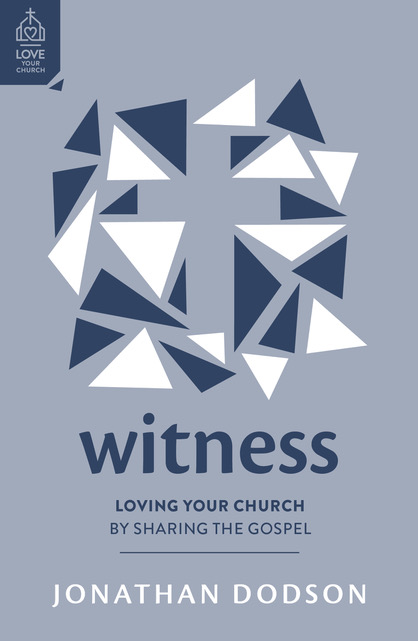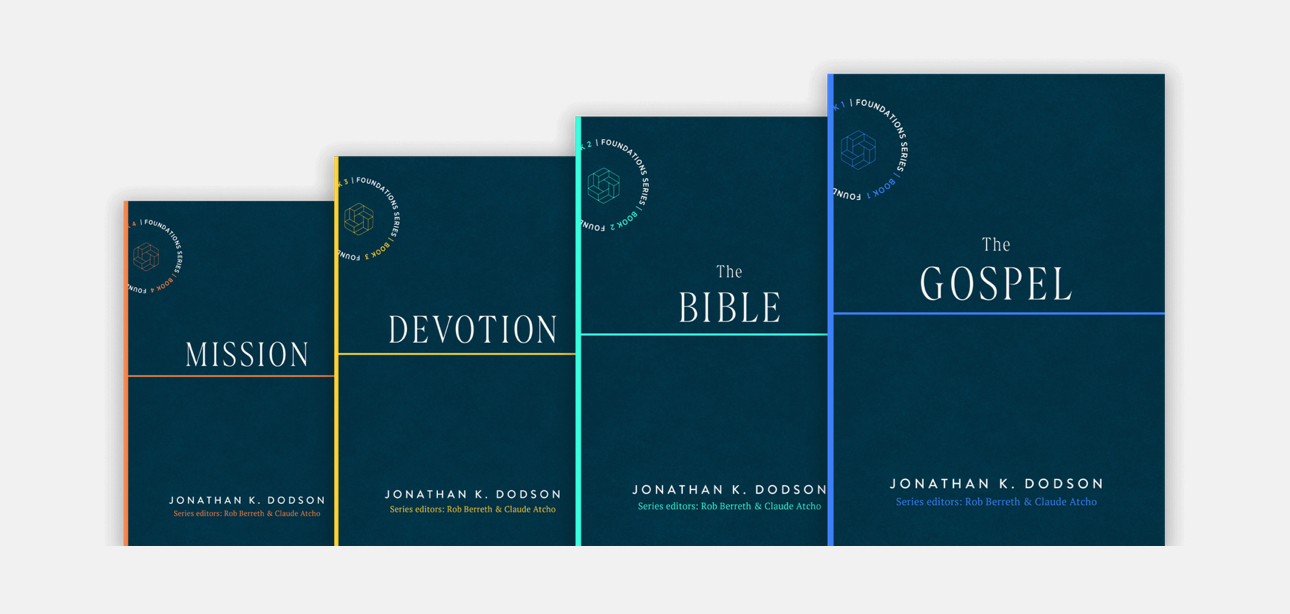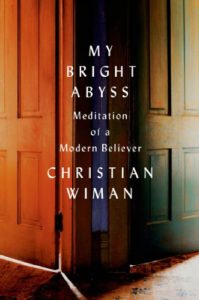
This is, perhaps, the deepest and most satisfying book I read all year. Wiman, an award-winning poet, weaves reflections on life, suffering, meaning, and faith through his own brush with death, suffering through bone cancer. As an adult convert, he grapples with skepticism in a profoundly authentic way, delivering insights like:
“To admit that there may be some psychological need informing your return to faith does not preclude or diminish the spiritual im-perative, any more than acknowledging the chemical aspects of sexual attraction lessens the mystery of enduring human love.”
His poetic prose and deep insight drew me back to previously read pages, just to soak in their insights. My church heard quite a few quotes from Wiman this year!

This novel was a slog in McCarthy’s diatribes on mathematical and scientific theories. Apparently, he’s been living with a community of mathematicians in recent years. But everything else is golden. He’s at his best describing nature, reaching down into the soul to awaken wonder over Texas oil fields and rural dwellings.
But the storyline is intriguing. A salvage diver is implicated in the mystery of a missing passenger from submerged wreckage of a plane crash. But Bobby has even deeper internal problems. He’s plagued with guilt over his genius sister’s suicide, which surfaces over and over again as a prism through which to peer into the meaninglessness or meaning of life.
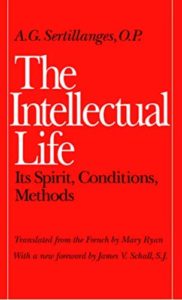
The title sounds pretentious, I know, but it’s really about engaging in a spiritually rich, personally virtuous, intellectually vibrant vocation. I’ve read the preface two times, which is worth the price of the book. It’s packed with aphoristic insight like, “At the bottom of the fear of God is the fear of self.” And, “Great men aren’t more ambitious; they are more obedient, and listen to the Sovereign voice.”
This Catholic intellectual writes as a priest and moral philosopher, but with a practical orientation. He wants to help his readers take practical steps in living a full, meaningful, reasonable, and vocationally rich life.
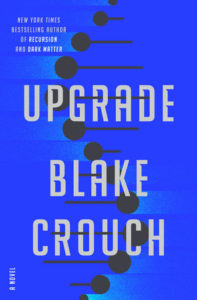
I’ve read four or five of Crouch’s books. I loved Black Matter, Recursion not so much, but Upgrade is great. It’s about a gene cop who investigates illegal gene editing and ends up getting delivered a gene package that enhances his intelligence, speed, strength (think Jason Bourne), which helps him solve the crime.

As an avid U2 fan, I was skeptical about this book. A cash grab? Hardly. I have the hard copy and the audiobook. The latter is truly unique, interspersed with new renditions of old songs, great sound effects, and Bono’s Irish accent. I was struck by Bono’s self-awareness, whether it’s his ego or the way his family and sufferings have shaped his career. After learning about his father’s love for opera and the arts, as a blue collar Dub, I struck up a conversation with my own father, to thank him for spontaneously playing the piano in our home, and frequently blasting our adolescent years with classical music.
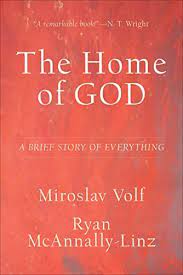
The subtitle is a stretch but its a great take on the dwelling place of God. Volf & McAnnally-Linz trace the biblical theme from Genesis to Revelation, while engaging with our broken and aspirational concepts of home as a society. The theological and sociological reflection is grounded in Scripture, and Volf offers some great turns of phrases like new creation being a “planetary enactment of the gospel.” It charged my imagination while preaching through Revelation.

I’m trying to read everything Kierkegaard has written. It’s a slow but rewarding process. This volume contains the famous, “The Purity of Heart to Will One Thing,” which inspires the reader shave down excess and focus your life on devotion to God. However, it’s his reflection s on prayer that have truly stirred me lately: “A man does not become wise by reading many books but through prayer.” Why is prayer instrumental in obtaining wisdom? Because it’s before the face of God that we uncover insights about ourselves and him, that we rarely uncover any place else. Prayer insight also sticks better.
Here are my remaining top books for the year:





